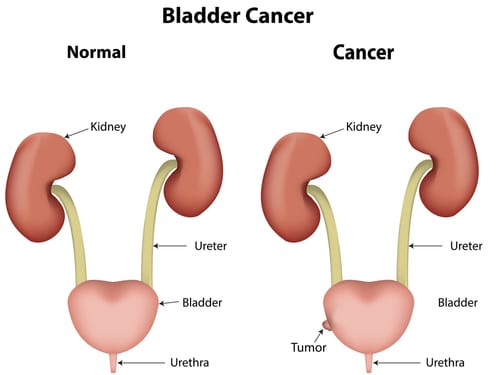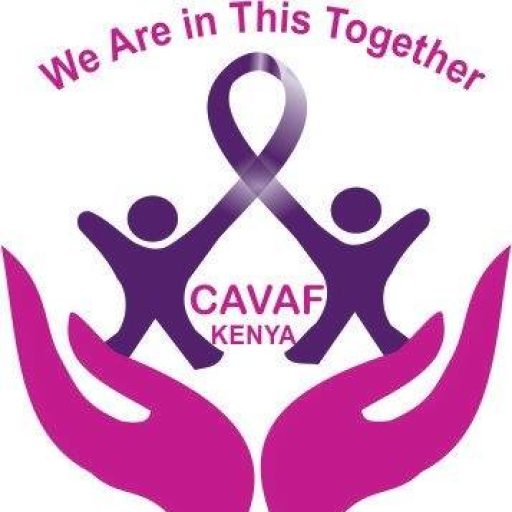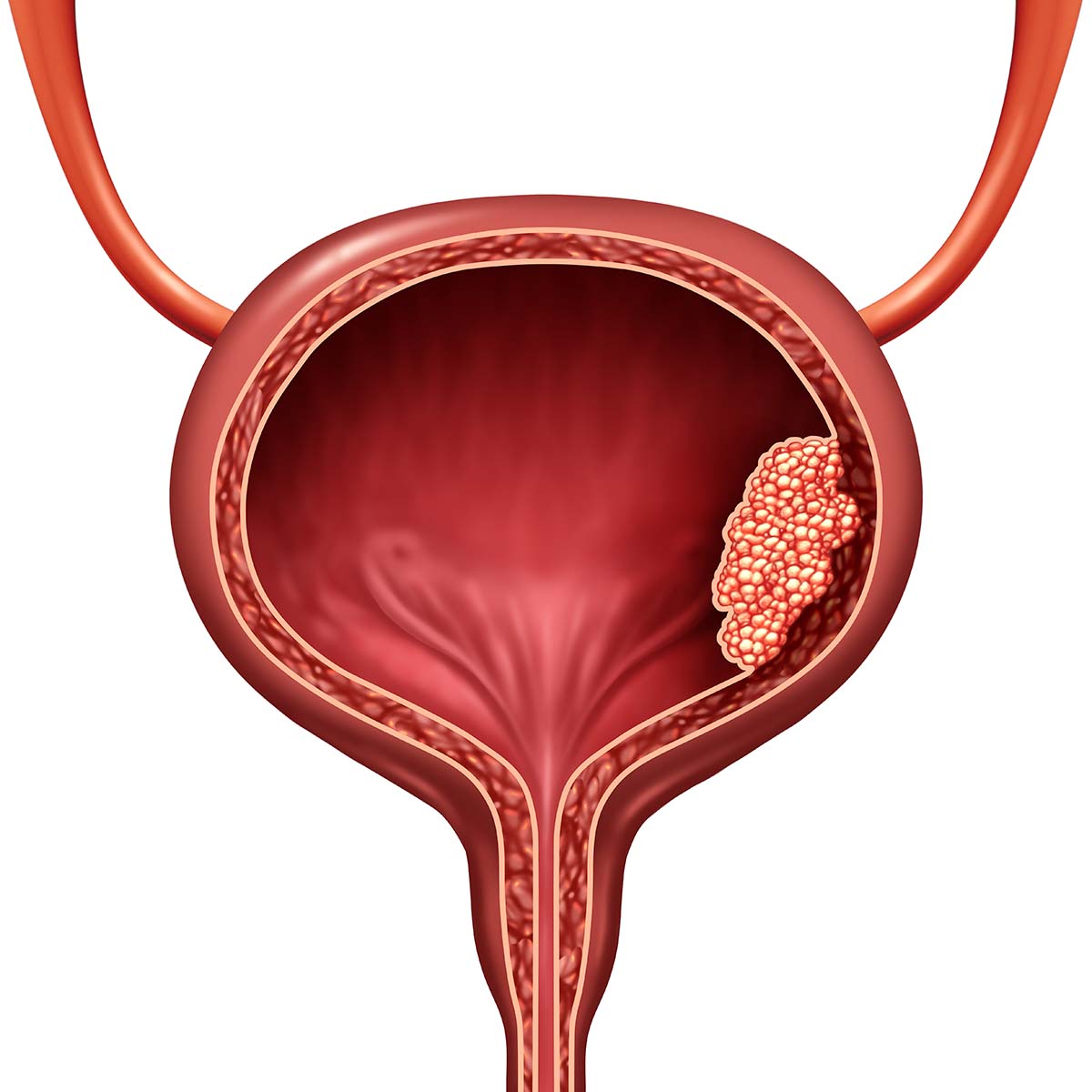Bladder cancer casts a looming shadow over Kenya, its prevalence surging in recent years. This piece delves into the hard facts, personal tales, and expert insights, aiming to spotlight the severity of the issue and advocate for immediate action.
Recent figures from Kenya’s Ministry of Health paint a worrisome picture of bladder cancer’s trajectory. Between 2015 and 2020, the yearly count of new cases nearly doubled, jumping from around 1,500 to over 2,800. Moreover, mortality rates climbed steadily, claiming approximately 700 lives annually.
Within these statistics reside powerful personal narratives of those confronting bladder cancer. Consider Peter Ochieng*, a 62-year-old farmer from Kisumu. Diagnosed in 2018, Peter embarked on a grueling journey of treatments, including surgery and chemotherapy. Despite the financial strain and emotional turmoil, he draws strength from his family and community as he continues his battle against the disease.

Insights from healthcare experts shed light on tackling the bladder cancer crisis. Dr. Faith Wanjiku*, an oncologist at Moi Teaching and Referral Hospital, stresses the urgency of early detection and intervention. Late-stage diagnoses remain a significant barrier, she notes, underscoring the need for expanded screening efforts and public education initiatives.
Urgent Action Required: To confront Kenya’s escalating bladder cancer crisis, unified efforts are imperative:
- Expanded Screening Initiatives: Launching extensive screening campaigns, particularly targeting high-risk groups like smokers or those exposed to workplace carcinogens.
- Strengthened Treatment Facilities: Investing in healthcare infrastructure to ensure prompt access to diagnostics, surgeries, and advanced therapies for bladder cancer patients nationwide.
- Heightened Public Awareness: Implementing comprehensive awareness campaigns across various media platforms to disseminate information about risk factors, symptoms, and preventive measures.
- Empowered Support Networks: Establishing support systems to aid bladder cancer patients and caregivers, providing psychological support, financial aid, and counseling services.
The surging prevalence of bladder cancer in Kenya demands swift attention and resolute action. By pooling resources, raising awareness, and prioritizing early detection and treatment, we can halt the advance of this disease and enhance outcomes for those affected. Let’s stand together in our commitment to combating bladder cancer and safeguarding the health of our communities.
*Names have been altered to safeguard privacy.






